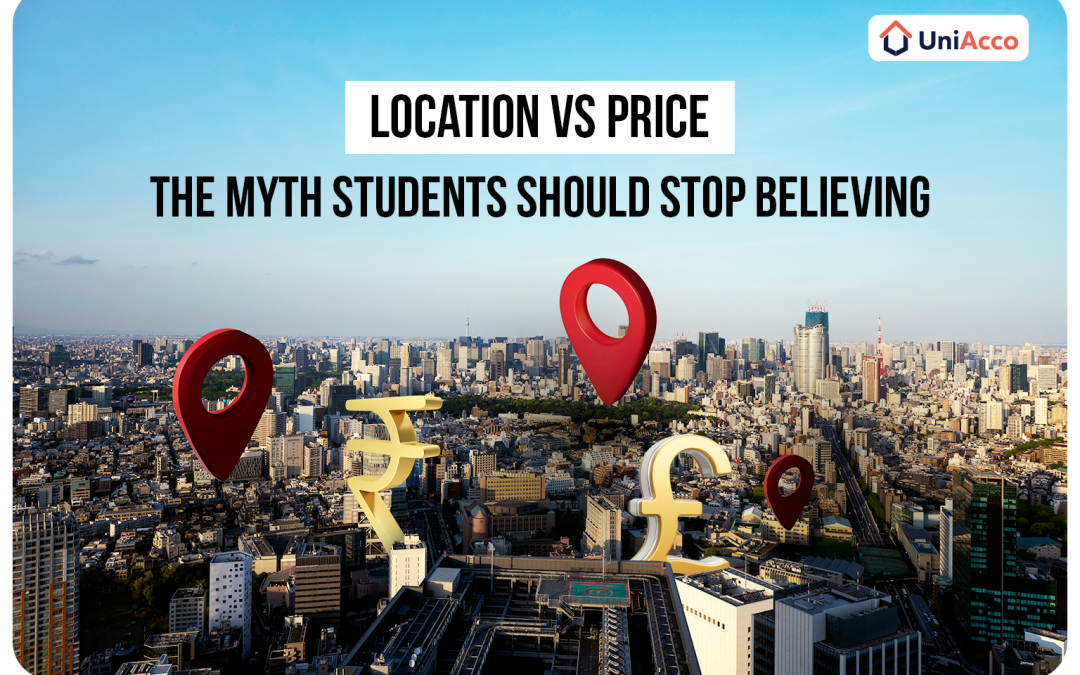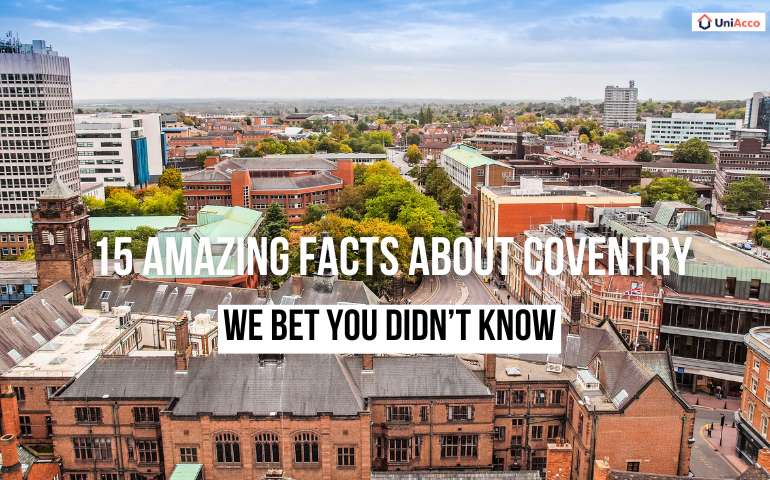Table of Contents
The terms “Millennials” and “Gen Z” are often used interchangeably to describe the younger generations. However, there are significant differences between the two groups in terms of their values, attitudes, and behaviours. In this blog post, we will explore the differences between Millennials and Gen Z and how these differences are shaping the future.

Key Differences Between Gen Z And Millennials
| Category | Gen Z | Millennials |
| Age Range | Born between 1997 and 2012 | Born between 1981 and 1996 |
| Technology | Digital natives; grew up with smartphones and social media | Early adopters of technology; grew up with the internet and social media |
| Work | Entrepreneurial mindset; prioritise career growth and financial stability | Value work-life balance; prioritise personal lives over careers |
| Diversity | Even more diverse and inclusive; reject traditional gender roles | Accepting of diversity; prioritise social justice issues |
| Politics | Tend to be more progressive and liberal | Tend to be more moderate and centrist |
| Consumer Behavior | Prefer experiences over possessions; prioritise sustainability and ethical consumption | Prefer convenience and value; prioritise quality and brand loyalty |
It’s important to note that these are generalisations and that not all individuals within these generations will fit these descriptions. However, these Gen Z and Millennials differences can be helpful in understanding some of the key trends and behaviours of these generations.
Differences Between Millennials And Gen Z
Age Range
One of the most significant age differences between Millennials and Gen Z is the year that they were born. Millennials were born between 1981 and 1996, while Gen Z was born between 1997 and 2012. This means that the oldest Millennials are now in their late 30s, while the oldest members of Gen Z are still in their teens.
Technology
Technology has played a significant role in shaping the values and behaviours of both groups. However, there are notable differences between the two groups in terms of their relationship with technology.
Millennials grew up in a world where technology was rapidly evolving. They were the first generation to have access to the internet and social media, but they also remember a time before smartphones and social media became ubiquitous. As a result, Millennials tend to be more comfortable with technology than previous generations, but they also recognize the potential downsides of technology.
Gen Z, on the other hand, has grown up in a world where technology is omnipresent. They have never known a world without smartphones and social media, and they are often referred to as “digital natives.” As a result, Gen Z tends to be more comfortable with technology than Millennials, and they are more likely to use social media and other digital platforms to connect with others.
Work
Another one of the significant differences between Millennials and Gen Z is their approach to work. Millennials tend to value work-life balance and are more likely to prioritise their personal lives over their careers. They are also more likely to job-hop and seek out new opportunities.
Gen Z, on the other hand, tends to be more focused on their careers. They are often referred to as the “entrepreneurial generation” and are more likely to start their own businesses or pursue freelance work. They also tend to be more pragmatic and are more likely to choose a career based on its potential for financial stability and growth.
Diversity
Both Millennials and Generation Z are more diverse than previous generations, but there are notable differences in terms of their attitudes towards diversity and inclusion.
Millennials tend to be more accepting of diversity and are more likely to prioritise social justice issues.
They are also more likely to advocate for the rights of marginalised groups and to support political candidates who share their values.
Generation Z, on the other hand, tends to be even more diverse and inclusive than Millennials. They are more likely to identify as non-binary or genderqueer and are more likely to reject traditional gender roles. They are also more likely to prioritise issues related to racial and social justice and demand accountability from institutions that perpetuate inequality.
Similarities Between Gen Z And Millennials
First, both generations are known for their tech-savviness and their ability to adapt to new technologies and online platforms. They are also both highly connected through social media and other digital channels.
Secondly, both generations have a strong desire for authenticity and transparency from brands and companies. They also tend to prioritize social and environmental issues and are more likely to support companies that align with their values.
Finally, both generations are known for their entrepreneurial spirit and desire for flexibility in their work. They are more likely to seek out non-traditional career paths and prioritize work-life balance 6.
While there are certainly differences between Gen Z and Millennials, there are also several key similarities that are shaping the future of work and consumer behaviour.
In conclusion, while Millennials and Gen Z are often lumped together as the “young” or “youth” generation, there are significant differences between the two groups in terms of their values, attitudes, and behaviours. Millennials tend to be more comfortable with technology, prioritize work-life balance, and value diversity and inclusion. Gen Z, on the other hand, is even more comfortable with technology, more focused on their careers, and more committed to social justice and equality.
Understanding these differences between Millennials and Gen Z is crucial for businesses, policymakers, and educators who want to connect with and engage these important and influential generations.
FAQs
Q1. What are the differences between Millennials and Gen Z in the workplace?
Ans: Research indicates that millennials have a strong inclination towards job flexibility, seeking positions that can accommodate their individual requirements. They also demonstrate a higher likelihood of transitioning to new jobs if their current employment fails to fulfill their evolving needs. On the other hand, Generation Z has faced significant challenges in terms of unemployment, leading them to prioritise job stability and security as key factors in their career choices.
Q2. Is Gen Z bigger than Millennials?
Ans: According to demographics, the population of Gen Z’s are smaller than Millennials. This is because as the generation moves forward, Gen Z’s usually incline towards living an independent life rather than starting a family or having children.
Q3. Are 2000 babies Millennials?
Ans: Author Neil Howe defines millennials as people born between 1982 and 2004. “Microgenerations” having traits from both Gen Z and Millennial generations have been identified as the cohorts born in the transitional years before and following millennials.
Q4. Why are Millennials and Gen Z similar?
Ans: One major thing that Millennials and Gen Z have in common is their love and passion for storytelling through videos and their love for Instagram. YouTube is a major source of entertainment for both generations and along with Instagram.
Thank you for reading this blog on ‘Differences Between Millennials And Gen Z’. If you wish to read more, here are some blogs that might be of interest to you:










0 Comments